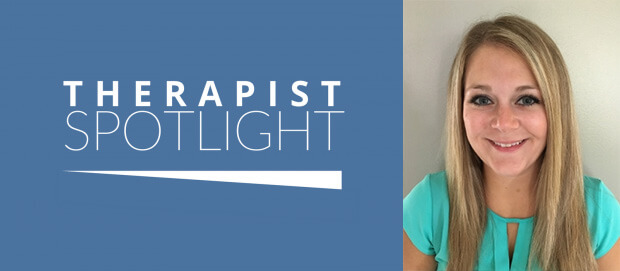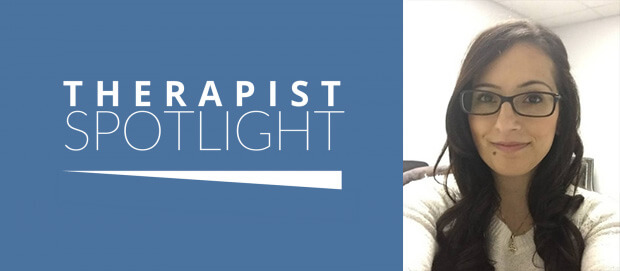Therapist Spotlight: Julie Middlin, LPC, NCC

As a therapist at our Clinton Twp location, what challenges do you specialize in treating?
I have passion for working w/ children and families. Prior to coming to GLPG spent 3 years working w/high-risk children diagnosed with severe mental health concerns including bipolar, ADHD, trauma, anxiety and family challenges. I also worked with teens on developing life skills through a weekly group and individual sessions. I really love working with older teens and lately have been seeing more young people that are post-college and struggling with finding their way. We have more young people than ever returning to their family homes after college than ever before. The return home after college can be difficult for everyone and forces a renegotiation of former roles. These young people struggle with a less secure job market than their parents experienced, they graduate and then ask, “Now, what?”, leading to depression and anxiety. I also have additional training in LGBTQI concerns. I especially like working with these youth, teen years can be challenging enough in developing a since of self without the added sexual or gender identity reconciling. My areas of special interest include ADHD, trauma, life transitions, LGBTQI and wellness.
What do you find is most important about your role as a therapist?
People often come into the office seeking your advice and expert opinion. I could never know more about a client’s individual or family struggle than they do. I truly believe that each client is their own expert. I see my role as assisting them in determining for themselves what is or isn’t working in their lives. My role then becomes supporting them if they decide to move forward with changes they deem necessary. It’s also important for me to support their desire not to change if they are not ready.
In your opinion, how do you help people?
Again, I try to guide people and present other possible ways to examine a situation but, ultimately place the decision-making in their own hands. Prior to becoming a therapist, I received my BS and MS in Sports Medicine and was employed as an ATC (certified athletic trainer), this previous training has led me to understand the strength of working as a team. This means bringing on other supports when a client needs assistance, possibly referring them to someone else that has additional training or expertise in a specific challenge, psychiatry, their PCP, other family members, friends, teachers or community supports.
What is something that you wish people knew about your specialties, or about therapy in general?
Especially when working w/children I wish people understood that therapy is not meant to “fix” anyone. I believe you cannot successfully address challenges with children without also engaging the family and people of significance in their lives in the process. Over the years that has led me to assist parents and other also manage their own mental health struggles. It’s somewhat like being on an airplane and securing your own oxygen mask first before you try to assist others. I need the parents and caregivers to be open to working on their own struggles in order to assist their children Therapy is a means to assist people to adjust to any struggle they may be experiencing. Change requires hard work in many situations and that hard work needs to come between sessions. Change is limited by simply attending weekly or bi-weekly sessions, change requires desire and effort. Finally, I think it’s important to let your PCP know that you are involved in therapy. I try to encourage clients to include their PCP in the process because of the need to link physical health and mental health. Because of my belief in linking physical health and mental health I also encourage my clients to engage in some type of physical activity if possible.
Can you describe an influential person or experience in your life?
My desire to become a therapist ultimately came from an incident while I was working at a boarding school and one of our students committed suicide. I was an athletic trainer and students had already been sharing with me other struggles besides knee pain or ankle sprains; I found that students would come in and tell me about worries with friends, family or grades. When the suicide occurred, I noticed more and more students hanging around my office to talk about how they were feeling, this also extended to other staff, and I think that time probably confirmed a decision that I had already been considering becoming a counselor. It would be impossible to name one person of influence in my life. I been fortunate to have had the right people come along at the right time to teach and guide me when I needed it most. I believe every challenge is meant to teach us something and I have been able to examine challenges in my own life and find the lesson.
Julie Middlin works at our Clinton Twp Great Lakes Psychology Group Location. To learn more about her, please visit her therapist profile. For more information about our Clinton Twp location, please visit our location page.



